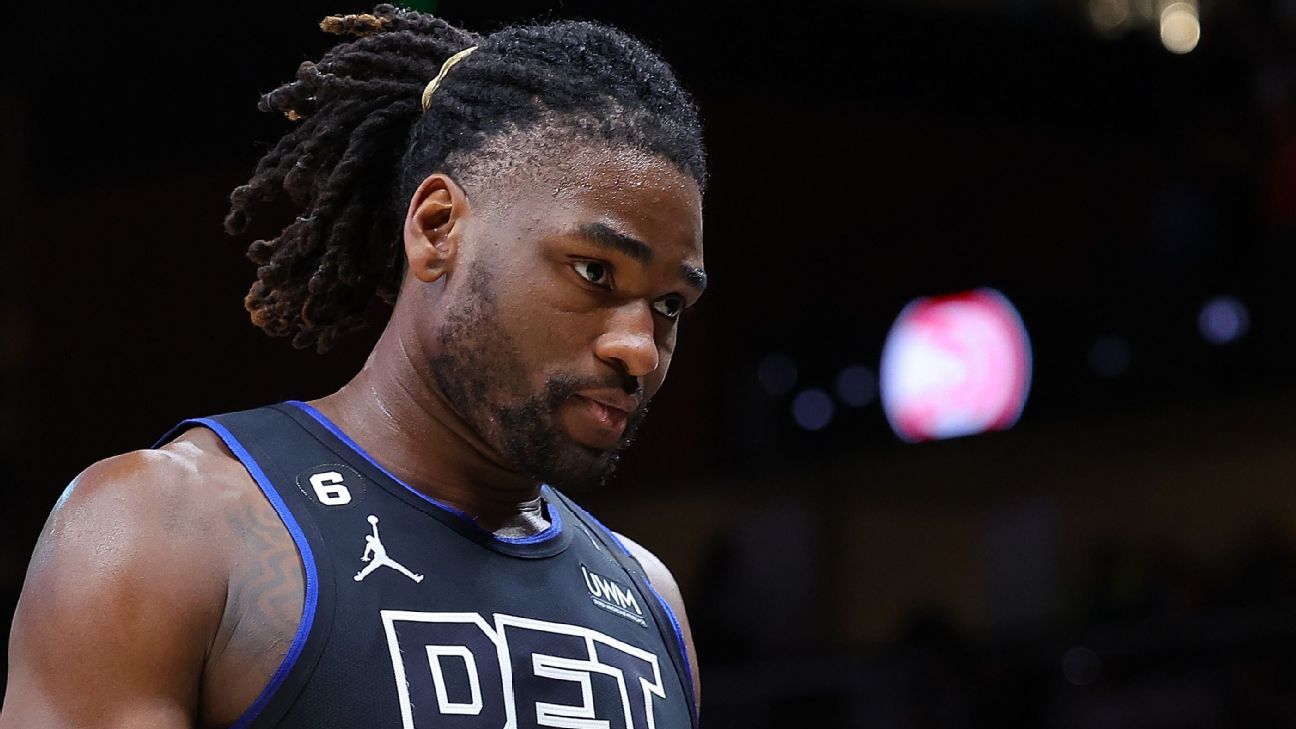
Richard M. “Dick” Jordan, a longtime United States Auto Club vice president, and the club’s longest serving and most loyal employee, died Aug. 9 at the age of 74 following a battle with pancreatic cancer.
He is survived by his wife Susie, son Jimmy, daughter Mandy and grandchildren Luke Jordan and Nicolas and Alivia Rader.
Jordan, known to his many friends as “D.J.,” was a lifelong fan of auto racing. In a dream come true, he was hired by USAC in 1968 and served in a wide-range of capacities. He started as a serial scorer and eventually became vice president of news and communications.
Following the tragic 1978 plane crash that killed eight USAC employees, Jordan was one of the key individuals who held the club together. Until his passing, Jordan held a private memorial every April 23 to honor those who were lost.
In a career that encompassed a half-century, no one saw more USAC events. For example, in the history of the USAC Silver Crown Series, which dates back to 1971, Jordan missed only six races. During his time, he wrote thousands of press releases and stories, and his meticulous record keeping set the standard.
A tireless worker, he entered racing at a time where the bulk of the publicity tasks were completed by pencil, paper, typewriter and telephone. He would remain up into the early morning hours waiting for results to come in from the West Coast.
Generations of fans waited anxiously for his reports on the USAC hotline, that always began, “Thank you for calling USAC,” and ended with the tagline, “This has been Dick Jordan reporting, thanking you once again for calling USAC.”
Jordan was one of the most decorated individuals in the media/public relations world. He is a member of the National Sprint Car Hall of Fame, National Midget Auto Racing Hall of Fame, USAC Hall of Fame and the Hoosier Auto Racing Fans Hall of Fame.
In 2018, he was named the recipient of the Jim Chapman Award for excellence in motorsports public relations. Jordan was also named a winner of The Circle of Corydon Award by Indiana Governor Eric Holcomb, recognizing those who worked toward the betterment of the state’s citizens.
During the 2018 USAC Night of Champions banquet, it was announced the Dick Jordan Award would be bestowed on those who had made an extensive and lasting contribution to the organization.
In perhaps his most cherished moment, Jordan was saluted in April during a special ceremony at the Indianapolis Motor Speedway Museum. In front of family and friends, as well as a plethora of former and current USAC drivers, car owners and officials, the Indiana Racing Memorial Ass’n unveiled a historical marker that will be placed in the city of Speedway in his honor.
Few people truly reach the status of living legend, but Jordan was that and more. This status was conferred, in large measure, by the way he lived.
During his father’s Celebration of Life, Jordan’s son, Jimmy, admitted that as a young man he quickly figured out that his father was “a little different.”
Among his friends, it was the road trips that were the most memorable. In short, they became known as a “D.J. adventure.” Armed with his trusty Rand McNally road atlas, long after the arrival of modern GPS systems, Jordan was always in search of a short cut or side adventure.
Any trip to a distant race required visits to famous graves, crime scenes, unannounced visits to famous racing personalities and other sites he deemed worthy. The uninitiated quickly learned you were on his itinerary and your job was to watch the gas gauge. Jordan could traverse the busiest city street while balancing a clipboard and telephone, all the while steering with his knee.
He loved the music of the 1950s and traveled the country for doo-wop festivals. His XM radio dial never left the “50s on 5.”
On late night road trips, Jordan gravitated to the worst food imaginable and in his later years, to the amusement and amazement of all, he carried his own salt shaker. He could be quirky, bullheaded and maddening. His longtime friend and Indianapolis Motor Speedway historian Donald Davidson once remarked, “You can’t make him up.”
But more than anything, Jordan was beloved by his legions of friends.
His love of USAC was unconditional and he would defend the club against all slings and arrows, regardless of their nature. He developed deep bonds with racers of all generations and was instrumental in the career development of many of the top stars. He was an expert on the USAC rulebook, which he expected to be followed, and he had strong feelings about what it meant to be a true professional.
He was a central figure of USAC for so long that it is nearly unfathomable to think of the club without him. It is likely that many of the newer members of USAC, in all capacities, failed to grasp what a true giant he was until the tributes mounted, before and after his death.
If he could have observed the scores of people from all walks of life who came to pay their final respects, he undoubtedly would have summed it up with one of his most-used phrases: “Hell of a deal.” n














 Phone: (800) 737. 6040
Phone: (800) 737. 6040 Fax: (800) 825 5558
Fax: (800) 825 5558 Website:
Website:  Email:
Email: 






